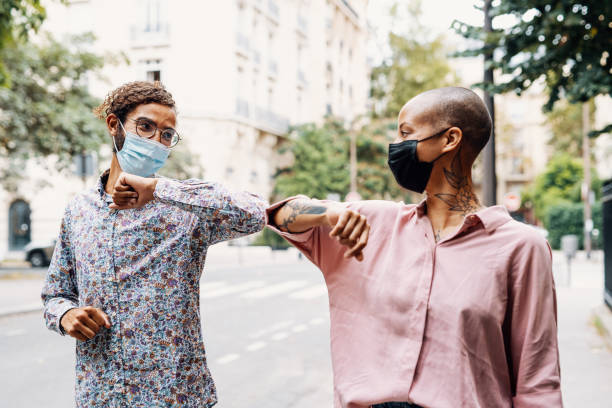You may read posts from people sharing their experience on hair loss after recovering from COVID-19. And now you’re asking yourself if the hair loss was in fact caused by the disease? Medical doctors believe that the emotional and physical stress of dealing with COVID-19 may trigger a reversible hair loss condition known as telogen effluvium (TE).
“Charmed” star Alyssa Milano took to social media to show large clumps of hair coming out of her brush revealing a lesser-known COVID-19 effect: hair loss.
The Centers for Disease Control and Prevention (CDC) has not yet included hair loss as part of COVID-19 symptoms. However, doctors believe there is strong evidence that it could be one of its long-term effects.
Long Haulers
A Facebook group for Covid-19 survivors known as Survivor Corps have dozens of post about hair loss posted by those who are known as “long haulers” or people who still have lingering effects of the disease months later.
Diana Berrent, the groups’ founder created a survey which revealed that more than 30% of the 1,700 respondents say they’ve experienced hair loss.
Dermatologist Dr. Dendy Engelman said she has been seeing an increase patients with hair loss approximately 6 weeks after New York were given the first stay-at-home orders.
Is Stress to Blame?
There’s still no scientific evidence that Covid-19 itself directly causes hair loss. But what experts believe is that the emotional and physical stress caused by the disease is what leads to a condition called telogen effluvium.
This reversible hair loss condition seems to happen few months after a stressful event such as a major surgery.
Telogen effluvium that is triggered by stress is often determined through the process of elimination of other possible hair loss causes. The patient may be asked to get a blood test to rule out nutritional deficiency or a thyroid condition.
Dealing with Hair Loss
Normally, people lose as much as 100 strands of hair a day. But they could lose around 300 strands per day when Telogen effluvium occurs. The condition can last for up to 6 months.
Losing hair can be a very emotional experience. Fortunately, this condition is temporary and the lost hair will eventually be replaced.
Those suffering from telogen effluvium may be tempted to try supplements that boost hair regrowth. But there are very few products in the market that work, if at all. The best thing you can do is to focus on building and maintaining a healthy lifestyle. Look for ways to manage stress, avoid smoking and eat a nutrient-rich diet.
Combating COVID-19 Hair Loss
TE is temporary but you do have to wait quite a while for your hair to return to the growth phase. According to the American Academy of Dermatology (AAD) the anagen phase (growth phase) takes up to 9 months.
If you’ve been losing a lot of hair and the condition does not seem to be improving at all, a board-certified dermatologist can evaluate you for other conditions that are known to cause hair loss. He or she may also recommend the use of a topical minoxidil product while waiting for your TE to end. This will be evident when you see baby hairs around your hairline.

